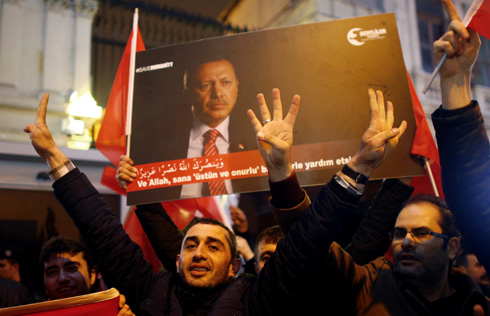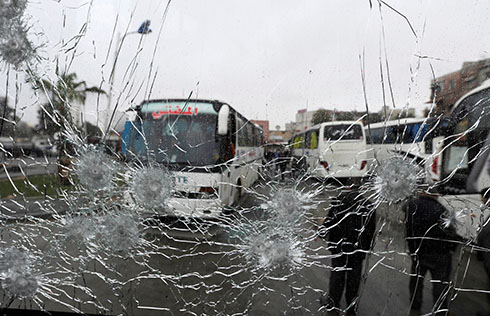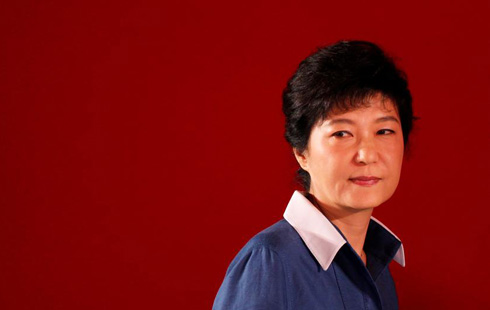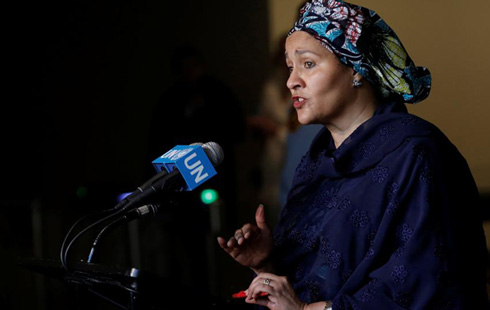Hagel's Israeli visit to focus on Iran, Syria
Arms support to Israel
Reuven Ben Shalom, a former Lieutenant-Colonel in the Israeli Defense Forces and the founder of Cross Cultural Strategies, said as far as the arms deal is not something that was invented yesterday, it is part of an ongoing process.
"Israel's capabilities have always been unique in the region, have always been one step ahead and this arms deal in a way should be seen in a historic context. Of the US and Israel's cooperation and the weapons that Israel acquired have always made Israel the strongest in the region and to allow Israel to defend itself," Ben Shalom said.
Israel does have the capability to launch an attack on Iran, but the capability is not of the same level as the United States, Ben Shalom said, adding that "the United States is a global power with global reach with much stronger capabilities than Israel."
Israel could become the first foreign country to buy the V-22 Osprey troop transport aircraft, in addition to new refueling tanker planes and radar systems that could be fitted on existing fighter aircraft, according to the New York Times report.
"This specific arms deal doesn't add a specific capability that allows an attack on Iran, it's just another incremental step in always making sure Israel one step ahead (of other US regional allies)," Ben Shalom said.
Syrian crisis as another focus
The second topic for Hagel's visit is the deteriorating situation in Syria.
Rabi said the dissuasions during Hagel's visit will be a continuation of those held during the regional visit by President Barack Obama last month.
"The United States and its allies would like to be prepared for the day after," and since the Syrian administration could collapse "we are going to have a real geo-political shift here, so it goes without saying the more prepared you are the better," he added.
While there have been a number of skirmishes between Syrian rebels and the Israeli army along the border, the main fear for Israel and the United States is that Damascus will one day lose control over its chemical weapons.
The West has been accusing the Syrian government troops of using chemical weapons in its confrontation with the rebels. But Damascus insisted that even it has such weapons, it will not use them, and blamed the opposition forces for causing deaths with chemical weapons last month in a town in northern Syria's Aleppo province.



















